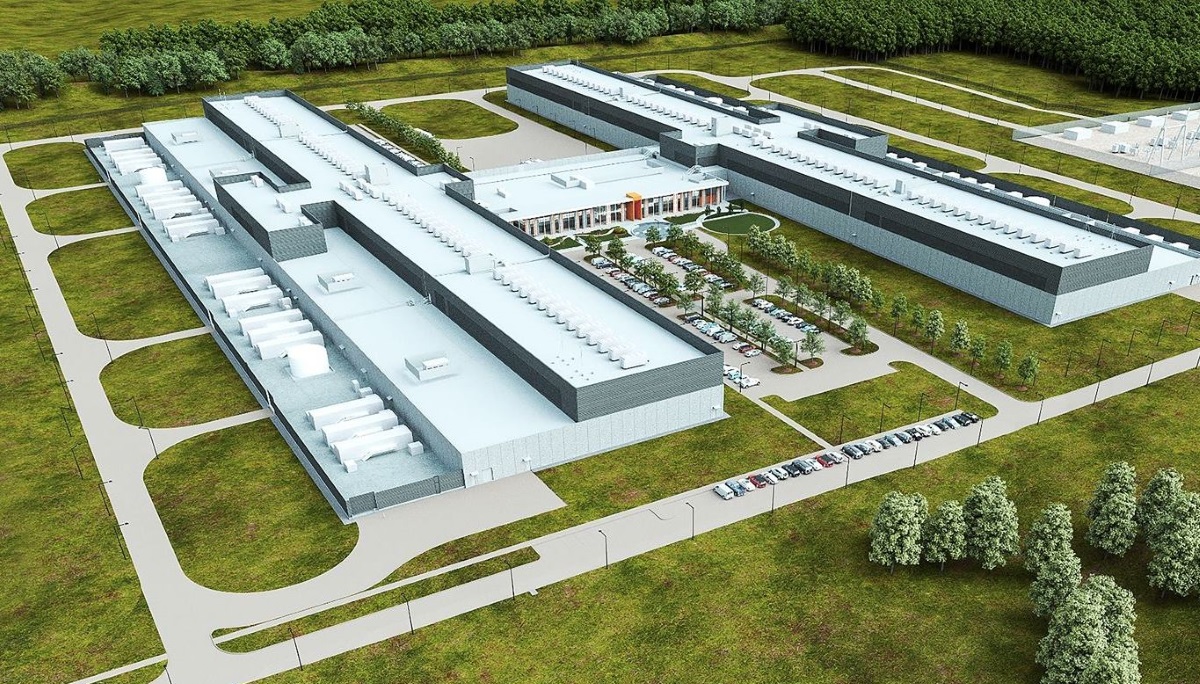Facebook announces new $750m data centre in Alabama
- Friday, June 15th, 2018
- Share this article:
 Facebook has announced that its latest data centre is set to be built in Huntsville, Alabama, a growing tech hub in the American South. Ground will be broken on the centre later this year, with the site planned to be operational by 2020.
Facebook has announced that its latest data centre is set to be built in Huntsville, Alabama, a growing tech hub in the American South. Ground will be broken on the centre later this year, with the site planned to be operational by 2020.
The 970,000 square foot facility will host data for Facebooks services, including Instagram and Messenger, and will provide jobs for the local area. According to Facebook, the location was chosen based on the local areas talent pool, infrastructure, strong set of community partners and reliable access to renewable energy.
Facebook has previously announced a committment to powering its data centres with 100 per cent clean and renewable energy, and as part of that, the firm is working with the Tennessee Valley Authority (TVA) to establish a renewable energy tariff that will let Facebook and other qualifying customers ensure they are purchasing renewable energy. In addition, Facebook is working with the TVA to identify new solar projects in the area that will power the facility.
Facebook also boasted of the economic impact that the data centre will have on Huntsville and the surrounding area, stating in its announcement that “these data centres are real economic engines – and beyond just the four corners of the site. We are proud to say a recent study found that for every $1m (£753,000) in operating expenses at our data centres, there are 13 jobs supported in the economy. And for every $1m in capital expenditures, there are more than 14 jobs supported in the economy.”
The announcement will likely be welcomed by the Trump administration, which has made numerous calls for tech firms to invest more in the US. Last year, President Trump claimed that Apple would be building three new plants within the US, shortly after the firm pledged $1bn to fund advanced manufacturing in the US. Since then, Apple has broken ground on a new facility in Reno, announced plans for a new US corporate campus in an so-far-unnamed city, and invested $390m in a new plant in Texas that will be run by chip manufacturer Finisar.
















